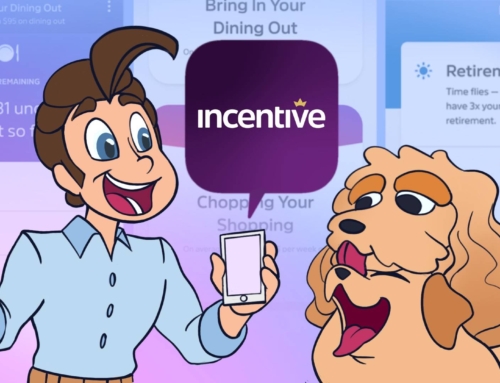So you’ve struck out on your own, no longer to be controlled by a boss or anyone else telling you where to be and when. Sounds amazing, right? It sure can be if you learn how to maneuver through the pitfalls of suddenly being considered a small business owner. It comes with many perks but also many responsibilities. Being your own boss and making your own flexible schedule are certainly pluses, but don’t forget some of the drawbacks, such as no benefits at all. That means no health insurance, no retirement plan with company matches, no steady paycheck, and—most importantly and never to be forgotten—TAXES.
For federal tax purposes, when you are an independent contractor, the business you are providing services to may be required to give you Form 1099-MISC, Miscellaneous Income, to report what it has paid you.
If you receive a Form 1099-MISC, you are responsible for paying your own income tax and self-employment tax (Self Employment Contributions Act—SECA). The business paying you does not withhold taxes from your pay. You may even need to make estimated tax payments during the year to cover your tax owed.
You may deduct business expenses on Schedule C of your income tax return.
So Who Is an Independent Contractor?
There are lots of different types of work that you can do and be considered an independent contractor. Here are a few examples:
- Freelance writer
- Mixed martial artist
- Musician
- Independent financial advisor (that’s me)
- Moonlighting jobs for physicians or dentists
- Independent practicing lawyer
- Delivery driver for services like Uber or DoorDash
- Blogger/YouTuber
- Podcaster
- Notary
- Or basically any small business
So now that you’ve defined yourself as an independent contractor, let’s talk about a whole bunch of different things you should know from the onset.
I’m on My Own—What Should I Know?
Remember that all the 1099-MISC income that you earn throughout each calendar year will be reported on Schedule C of your 1040 tax filing.
Schedule C tracks not only the income you earned but also your business expenses. Schedule C will show you gross income minus gross expenses = net profit or loss. If you turn a profit, this amount will be added to Schedule 1 on your 1040 tax filing.Any cost that you incur in running your business should be considered for a tax write-off. (See your own qualified tax advisor for your specific options.) Some costs that you may be able to write off:
- Vehicle expenses
- Mileage
- Travel or lodging costs
- Equipment costs (computer, laptop, software programs, pen, paper, etc.)
- Home office usage (a portion of your home’s energy costs like gas, electric, or other utilities may be eligible for write-off since they were used for your business)
- Health insurance costs
- Advertising costs—Google, Twitter, Facebook ads, local listings
- Qualified retirement plan (see next section for expanded detail)
Taxes taxes taxes! This is the toughest thing for anyone who begins working for themselves—never forget to save for taxes owed on these earnings. It’s unfortunately something often learned the hard way when you file your taxes and find out you owe a significant amount of federal, state, and local taxes. The sting of the tax bill hurts far more than anything else in self-employment, that’s for certain.
In order to figure out your taxes owed, you’ll need to start tracking this throughout the year with perhaps something like QuickBooks. Or an easy rule of thumb is to withhold a third for taxes on your gross income, save a third, and enjoy a third. That should get you pretty close, and each year you’ll find you can get better at how you utilize business expenses or retirement plans to soften the blow from the tax man.
Retirement Plan Choices for 1099-MISC
Retirement plans happen to be my specialty and have been since 2001 when I started my financial advising career. I chose to focus on this niche, often-ignored market and have been working closely with many small, medium, and large employer-sponsored retirement plans.
A 1099-MISC independent contractor can establish their own retirement savings plan and have the contributions to the retirement savings plan be a direct write-off on Schedule C business income. Here are some plans that all independent contractors should consider:
- SEP IRA—can contribute all the way up to your tax-filing deadline (including extensions). No annual filings with IRS. Max contribution for 2020 is the lesser of 25% of compensation or $57,000.
- Solo 401(k) plan—can contribute as both employee and employer with a max of $57,000 as an independent contractor. You could include your spouse on this plan as well; if your spouse helps you track your schedule, pay your bills, and respond to emails, they could also contribute the same amount if they earn enough income.
- Profit-sharing/money purchase—funding deadline is tax filing date, and contribution amount is flexible each year.
All of these retirement plans have certain benefits or drawbacks based on the goal of the independent contractor. Each independent contractor should work with a professional to ensure they are establishing the right plan for the job.
The Bottom Line
Anyone can hang their own shingle out in today’s very versatile world. The opportunities are vast, and if you learn to work your business correctly, you can maximize savings and minimize tax payments.









